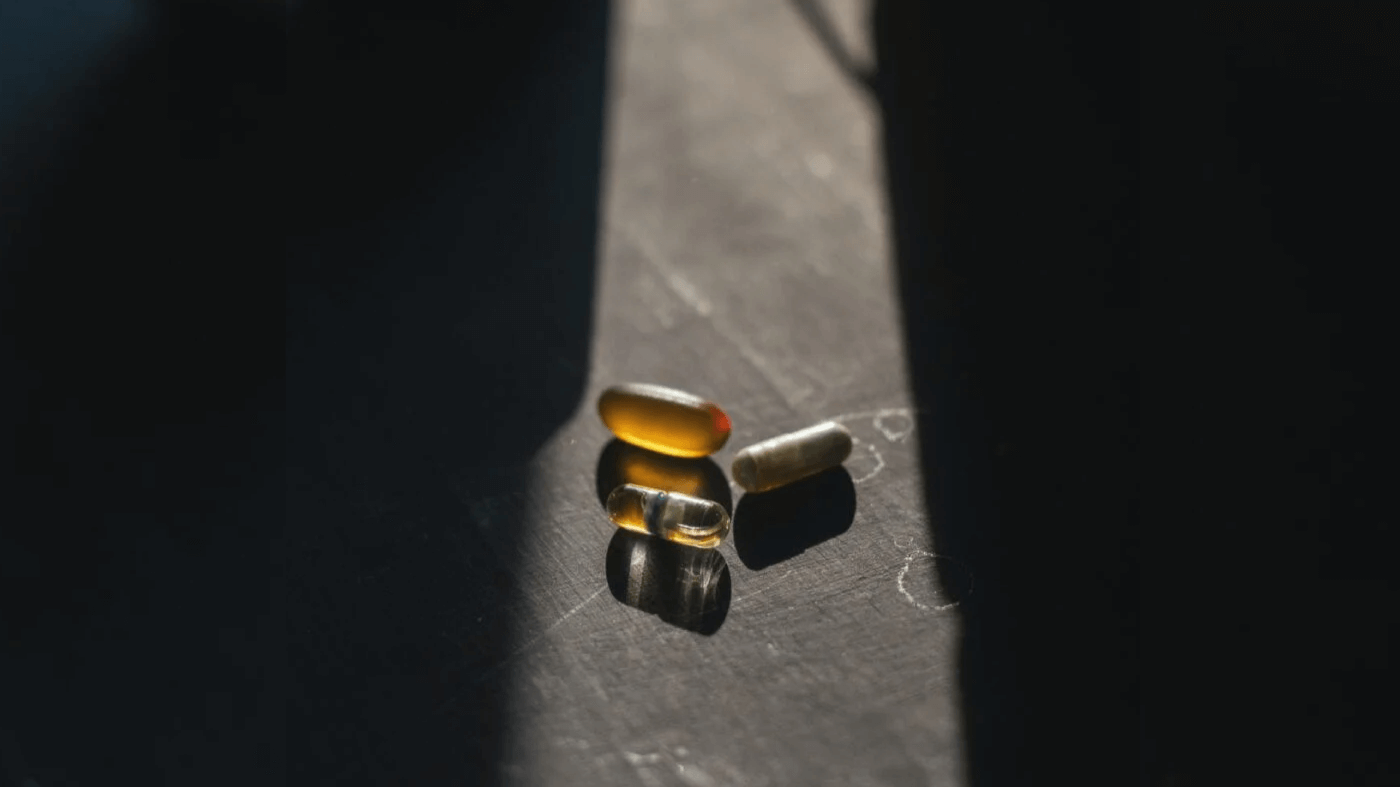At So Good So You, the power of probiotic strains is a very important topic and one we discuss on a frequent basis. Although every single one of our shots has a unique hero ingredient, one constant is that they are all packed with 1 billion CFUs of probiotic to support a healthy immune and digestive system.
As interest in probiotics continues to grow, we continue to receive questions from our community asking what they do and why they matter. While we are well-equipped to answer these questions (see this blog post on probiotics), we turn to our trusted advisor, Dr. Terry Shirvani, when things get a bit more complex.
Dr. Terry is a Naturopathic Physician that specializes in natural and preventative medicine, including Naturopathic modalities like Clinical Nutrition, Ayurveda, and Classical Chinese Medicine.
With over 20 years of experience in the naturals industry, Dr. Terry has a close pulse on trending wellness theories and our go-to for any technical questions. As a part of our Myths Debunked series,
Dr. Terry is highlighting common misconceptions and myths to be aware of in the health and wellness space. Knowing probiotics are a hot topic among our community, we jumped at the opportunity to have Dr. Terry debunk this myth: “The More Probiotic Strains, the Better.”
Keep reading to learn the science behind the theory and gain clarity on the subject straight from an expert.
Myth: The more probiotic strains, the better.
It's a common notion among consumers, and brand owners, that more strains (or in some cases, species) are better when it comes to probiotic products. There are many probiotic products on the market and some contain 6 to 10 or more strains.
In general, the assumption seems to be that probiotic strains get along well together, both in the product and in the body. But this may not be the case.
While there is not strong scientific evidence for or against the efficacy of multi-strain probiotics, we do know that beneficial bacteria compete with and can inhibit the growth and survival of pathogenic bacteria in the human body. This is one of the benefits of taking supplemental probiotics.
So, unless a multi-strain formula is tested to make sure the bacteria get along well and may even be synergistic, there is no way to be certain the consumer is getting an effective and safe product.
Results of testing probiotic products on the market have shown that many do not contain what is claimed on the label; either the colony-forming unit (CFU) count does not meet the label claim or certain strains listed on the label are not found in the product. Why is this?
Testing methodologies and issues aside (that's for another article), perhaps there are unfavorable ways the bacteria interact with each other in the product? This is an unknown.
The other issue with probiotic products not meeting the label claim is that proper amounts of each strain may not be added to the product when it is manufactured. Bacteria are live organisms and a certain amount of those organisms will die before the product expires, which is customarily two years. How much will die off depends on the type of bacteria, storage conditions, packaging type, etc.
Also, with multiple strains (such as 10 or more) in a product, the dosages of each strain tend to be lower than the dosages of bacteria in products with one strain or just a few.
There is only so much room in a capsule or tablet! What's more, if the probiotic blend is listed as "proprietary," the consumer is left in the dark around the dosage of each individual strain.
All too often, unstudied filler strains may be used to take up space and make the cost of manufacturing cheaper.
The moral of the story? Buyer beware, when it comes to probiotic products, especially those with multi-strain formulas. Make sure you're buying probiotic products from reputable brands that have expertise in the area of probiotic formulation and manufacturing, and that use well-studied strains in harmonious combinations!
Now you’re probably wondering, what probiotic(s) are found in So Good So You shots?
To Dr. Terry’s (and the consumer’s) delight, our shots are packed with a single strain: Probiotic coagulans GBI-30 6086.
Each shot contains 1 billion CFUs of this probiotic, ideal for supporting a healthy immune and digestive system. To find a store near you selling SGSY shots, visit our store finder here.
So Good So You and its blog materials are not intended to treat, diagnose, cure or prevent any disease. All material on the So Good So You blog is provided for educational purposes only. Always seek the advice of your physician or another qualified healthcare provider for any questions you have regarding a medical condition, and before undertaking any diet, exercise or other health-related programs.

